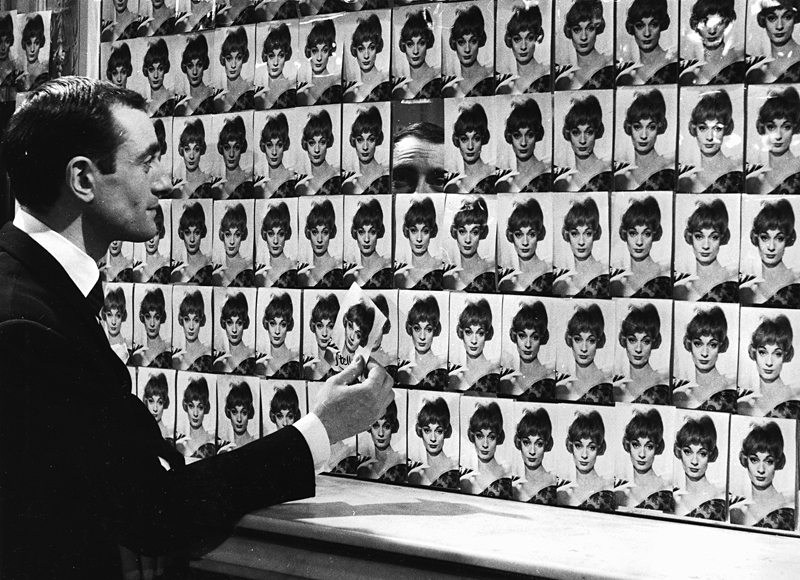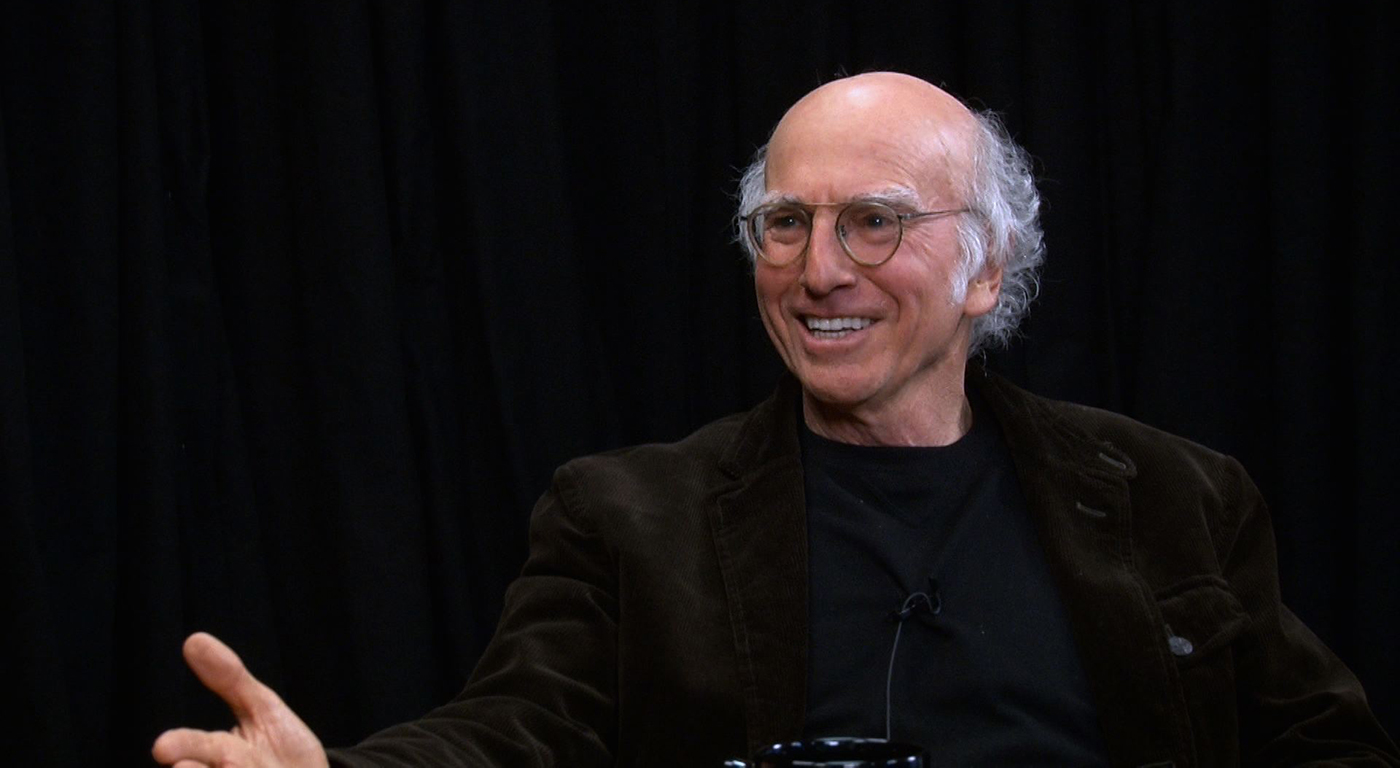Who is Pierre Etaix? His filmography is small (five features and a handful of short films, one of which earned an Oscar), but he worked with Jacques Tati and Robert Bresson, and he’s celebrated as a genius of ’60s French screen comedy. Shouldn’t his reputation precede him? Watch a couple of his masterful films, though, and a more relevant question comes to the fore: “How can it be that I’ve never heard of Pierre Etaix?”The simple answer: His films were out of circulation for decades due to legal issues, freed only in 2009, restored in 2010, and re-released in France to great acclaim. Northwest Film Forum is now presenting all five of his features and his first three comedy shorts.As for the original question: Etaix trained and performed as a clown, became a star on the ’50s cabaret circuit, and worked with Tati as both gag man and graphic artist on the latter’s classic Mon Oncle (1958) before directing his own films. Between 1961 and 1971 he created and starred in four features and three comedy shorts (all written with Jean-Claude Carriere, who went on to script films for Luis Bunuel, Jean-Luc Godard, and others). Etaix even shot a documentary, 1971’s Land of Milk and Honey, also included in this series.As both filmmaker and comic screen persona, the obvious comparisons are to Tati and Buster Keaton: a silent-movie clown in a sound world. Etaix’s films are simple, sweet, and built on some of the funniest and most deftly executed gags you’ll have the pleasure to see onscreen. There’s not a wasted gesture in his repertoire. His hangdog face, poised between curiosity and measured focus, barely changes expression as he takes every setback with a resigned acceptance before going right back in. (Born in 1928, Etaix has essentially retired as a director, but continues to act, most recently in Aki Kaurismaki’s Le Havre.)In Etaix, I can also see Chaplin (the exacting preparation, effortless precision, and sentiment) and Jerry Lewis (riffing on ideas through increasingly surprising yet oddly logical permutations). The dialogue is sparse, to say the least. His films could play sans subtitles and be just as effective, and he uses music just as sparingly. The aural punchlines are often cartoonish sound effects pumped up to surreal prominence.It’s all there in his 1961 debut short Rupture, a nearly wordless piece with Etaix as a jilted lover. It takes place almost entirely in a tiny office that falls apart as he attempts to write a return letter. The destruction occurs piece by tiny piece, and that sense of comedy in miniature is continued in his first feature, 1962’s The Suitor. Here, Etaix plays a variation on a classic Keaton character: the obsessive, pampered, rich young man trying to woo a woman. Any woman. While not exactly bittersweet (there’s very little bitterness in his comedy), there is a twinge of sadness as we see a city full of romantic couples—except for this oblivious naif. Le Grand Amour (1969) presents Etaix as a happily married man infatuated with his pretty new secretary. The rush of ardor turns him back into a teenager, as nervous as he is reinvigorated, and stirs an imagination that we can only assume had settled into routine.There’s no real heartbreak or character complexity in these pictures; Etaix is a gag man first and foremost, turning physical humor into comic choreography with the grace of a dancing master and the imagination of a cartoonist. Scenes constantly wander off into their own mini-movie, a world of cause and effect so seamless that even the craziest inventions follow a screwy logic.His masterpiece is Yoyo (1965), a tender, underplayed epic that spans decades in the life of a ruined millionaire (Etaix), a beautiful circus performer, and their spirited child who grows into a celebrated clown (also played by Etaix). Between inspired silent-movie sequences and a wry jab at television are an idyllic love story and a romantic portrait of the artist as a young clown. It’s a nearly perfect effort, with a quiet yearning beneath Etaix’s masterful comic performance and hilarious comic inventions.film@seattleweekly.com
Who is Pierre Etaix? His filmography is small (five features and a








